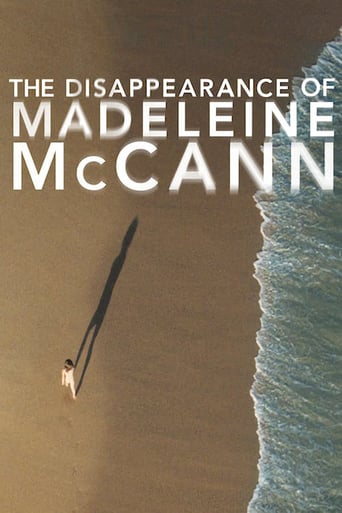With 30 Day Free Trial!
Portugal Secreto
2020
Watch Trailer
Portugal Secreto Season 1 Full Episode Guide
In these last years, multiple archaeological discoveries made in Azores have led to the conclusion that there had been a human presence in the islands since before the Portuguese arrived. If this checks out as true, these discoveries may contradict known History, that registers 1431 as the year Azores was discovered. Could historian Damião Góis' theory in regards to a viking presence prior to the Portuguese arrival in Azores be true?
The sea and commercial expansion that created Infante D. Henriques' myth marked the beginning of slave trafficking. A scenario surrounded by mistakes. There's an idea that persists that Portugal was involved with slavery, but that it could be excusable because they were the first country to abolish it. It so happens that the decree published in 1761 didn't end, as a matter of fact, slave existence. A shadow, amongst many, in Portugal's Great Expansion History.
One of the most frequently spread ideas about WWII is that Portugal saved the Portuguese from the conflict. More than 600 aviators and 134 military planes landed or fell in Portuguese territory. There were dogfights from as close as two nautical miles from the Portuguese coast, complex espionage networks acted in Portugal and many Portuguese citizens were awarded the Imperial Nazi Eagle Order. Perhaps Portugal's neutrality was only possible because it was of interest to both sides of the conflict.
There is evidence that Portugal had an illegal wolfram commerce during WWII. The metal that's crucial to the German Tanks build. In the year 2000, more than a thousand documents were uncovered in an old abandoned Spanish railway station, showing 75 tons of nazi gold had passed through the border on its way to Portugal. Which brings us to a sensible question: to whom did the responsibility fall to confirm the Nazi gold's legitimacy?
In the common imaginary, Portugal had nothing to do with World War I. But as the Portuguese troops fought in Africa and Flanders, the German sunk a Portuguese navy boat right outside of Lisbon. German families, some long positioned in Portugal, fought for survival in Portuguese prisoner camps. An unknown episode of Portugal's part in World War I.
It's common to find the word "lusitan" used to call the Portuguese people. It's as natural as associating Viriato with Portugal. But modern historiography has revealed to us that Viriato may not have even stepped foot on Portuguese ground. This compromises the association between what was the Lusitanian territory, and what Portugal is today. Could Viriato's and the Lusitanians' story have served nationalistic agendas?
At the Santa Luzia de Campos' Chapel there's an inscription that questions the exact start day of D. Afonso Henriques' reign. At the Archivo General de Simancas, in Spain, there's a registration of delivery of D. Sebastião's corpse in Ceuta. In between narratives that have spread throughout the centuries, it's not easy to find the concrete historical truth about D. Afonso Henriques and D. Sebastião. Even though nowadays we have great scientific abilities at our disposal, there still persists an enormous resistance towards resolving these mysteries. While that doesn't happen, the myth will continue to outshine History.
Free Trial Channels
Seasons



























